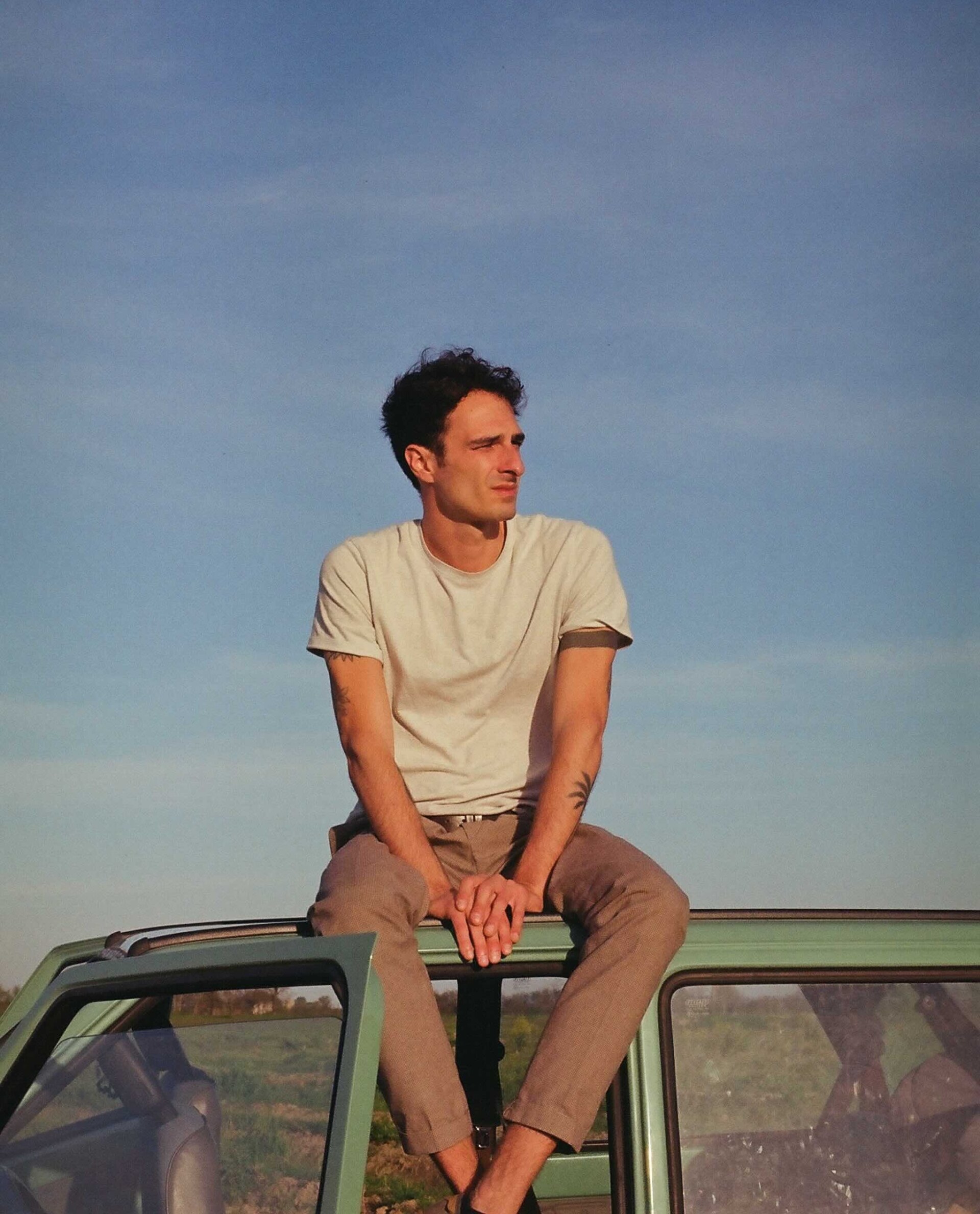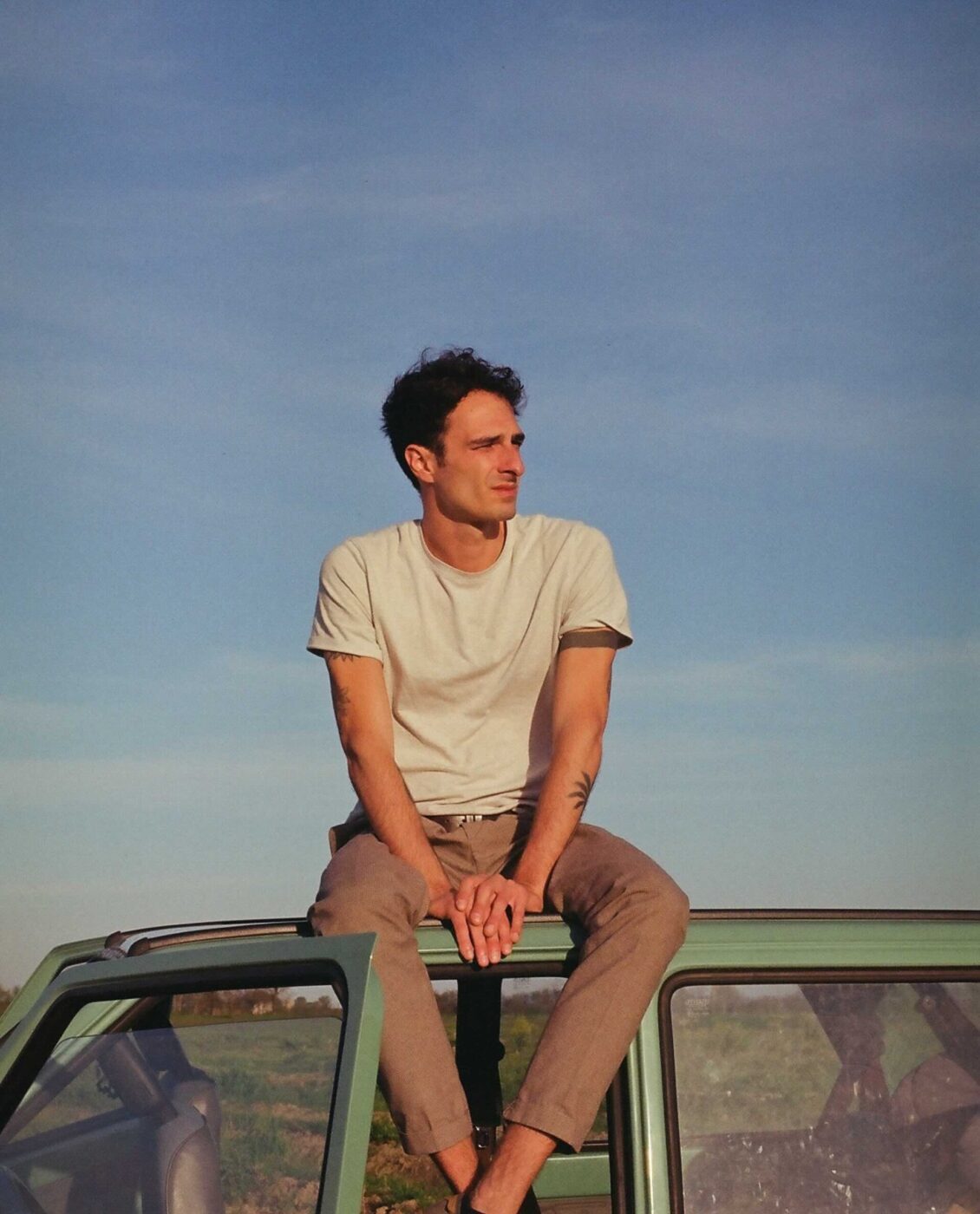Tell us a bit more about your background and your current work:
I’m a self-taught musician. My father showed me the first chords on the guitar when I was 12, and from there, I started exploring and learning more and more music by listening to every CD we had at home. With the first money I earned from summer jobs, I bought myself a piano and a bass, and I expanded my musical capabilities. Now that I have a license with Island Records, I still do the same; I’m always chasing new sounds, new instruments, new ways to have fun making music to entertain both myself and the listeners.
My music is that of the essentials. By saying that, I mean that I try to make a song using only essential elements. We live in the digital era, and it has become really easy to overcomplicate an arrangement, to overproduce a song, and that’s why I will always prefer a few instruments well played over a full production made on a computer. A good song sometimes doesn’t need more than a couple musicians to come alive.
My major influences in doing that are Lucio Battisti and Alex Turner from the Arctic Monkeys. I think both are very talented songwriters and arrangers–very organic and straightforward.
Why did you choose to stay in Italy?
The love for the Italian way of living, the beautiful language we speak here, there’s culture in everything, from taking a coffee in an old bar to “passeggiare” and getting lost in some ancient valley; there’s just culture everywhere.
What do you see for the future of the music industry in Italy?
I see a comeback of more traditional ways of making music. There will be more cantautorato (songwriters) and less “ready-to-go” music: real instruments, real musicians, personal lyrics, imperfections. I think we’ve been heavily influenced by the digital “throwaway” culture, but that’s something that will come to an end eventually. People need real music to feed their real lives and feelings.
What are the greatest obstacles and satisfactions that you face working in this country?
I see two main hurdles. The first is that music is a job and should be treated as such. Don’t trust those who think it’s just a game where you work and work without receiving anything back. The second and the greatest for me is to think that you have to do what all the others are doing in order to succeed. That’s a lie: you have to find yourself, your uniqueness; that’s the hardest part of being an artist, but the only one that makes you recognizable and proud of your own effort.
In terms of satisfaction, working in Italy means working at the source. This country is where I have my roots; my biggest friends in life are also my biggest friends in music–people that I trust, the first musicians I call when I need a guitar part, a drum part, a mix, or help writing a song and so on. I grew up surrounded by people that really love music, and that’s what I look for when I have to make a record or organize a concert.

